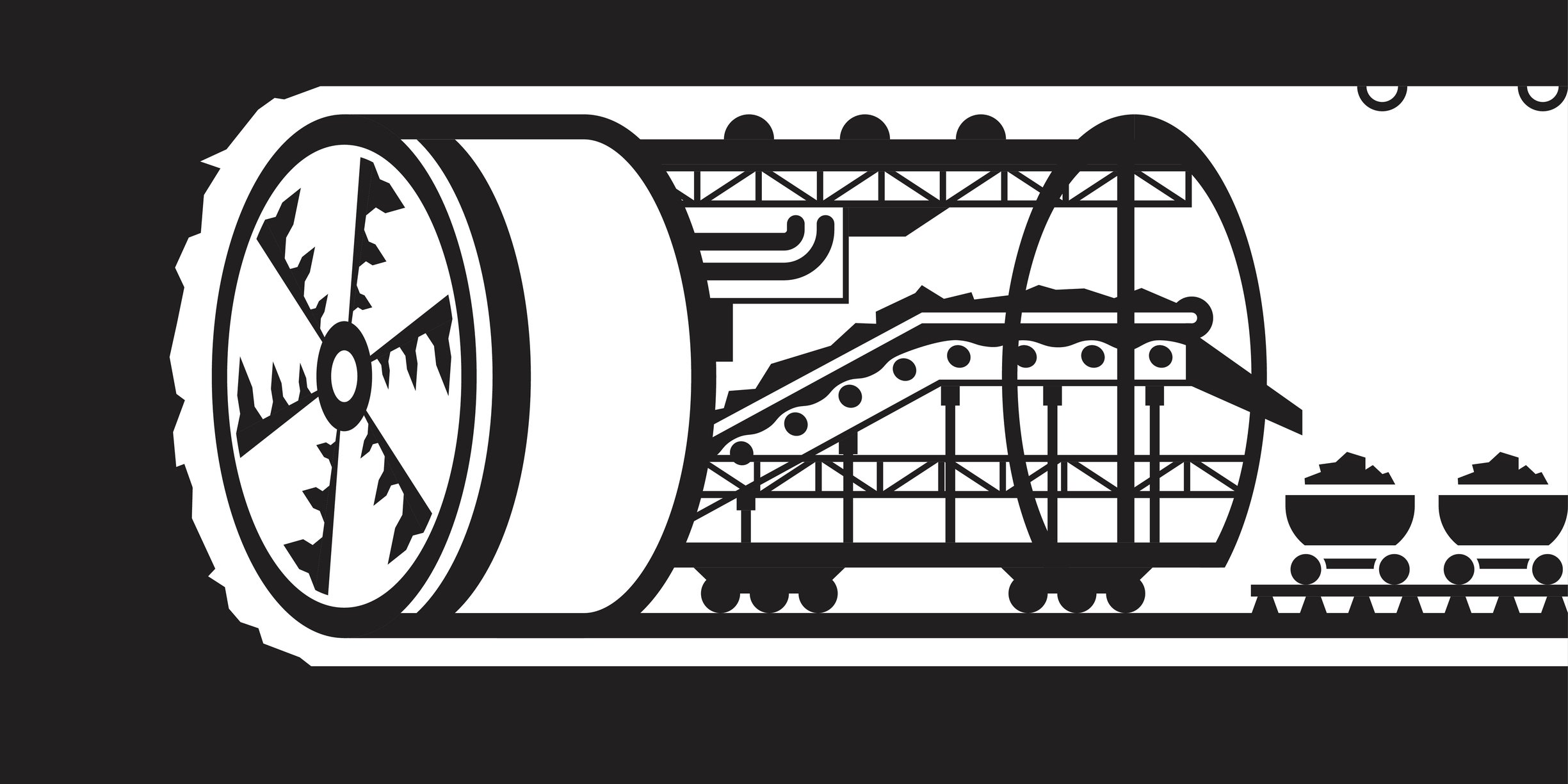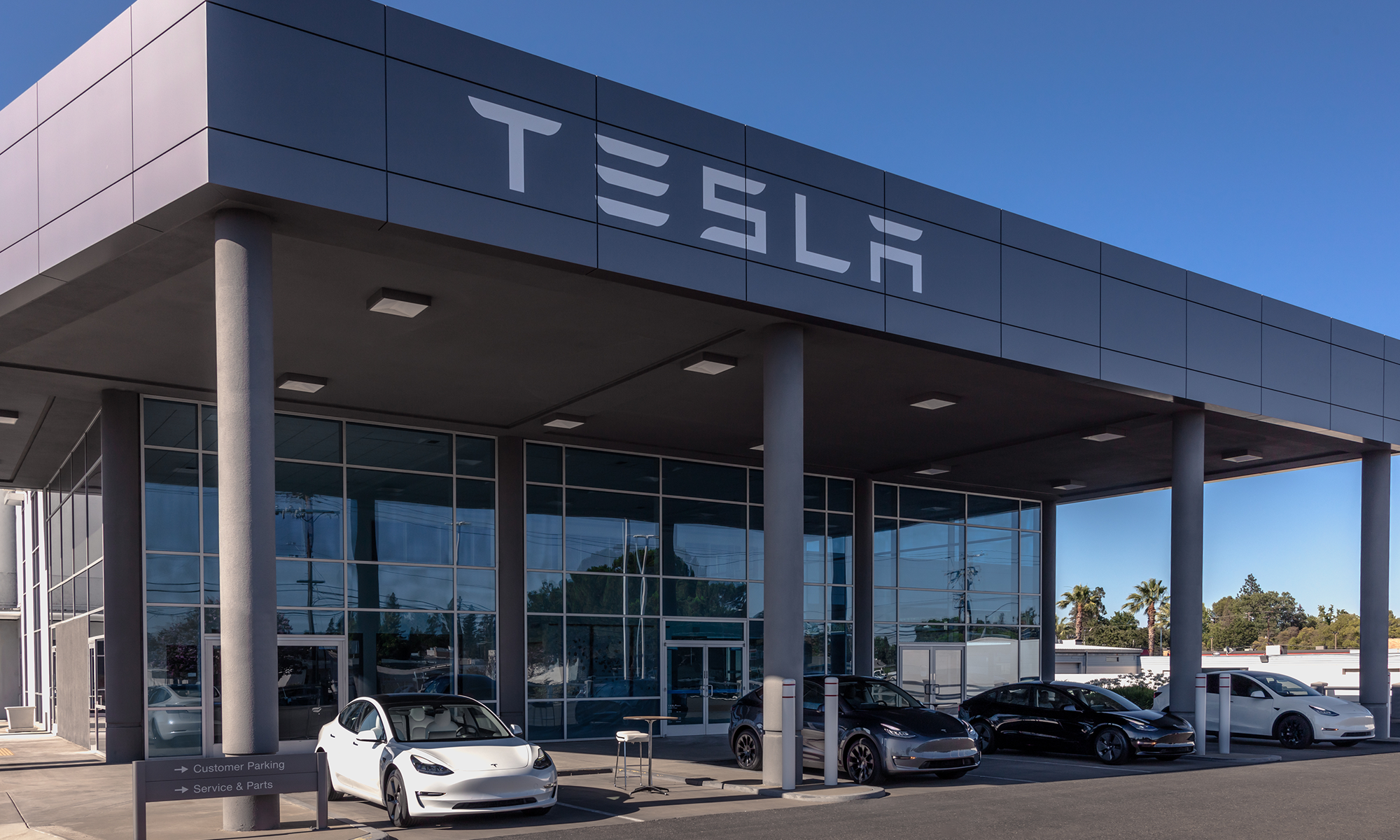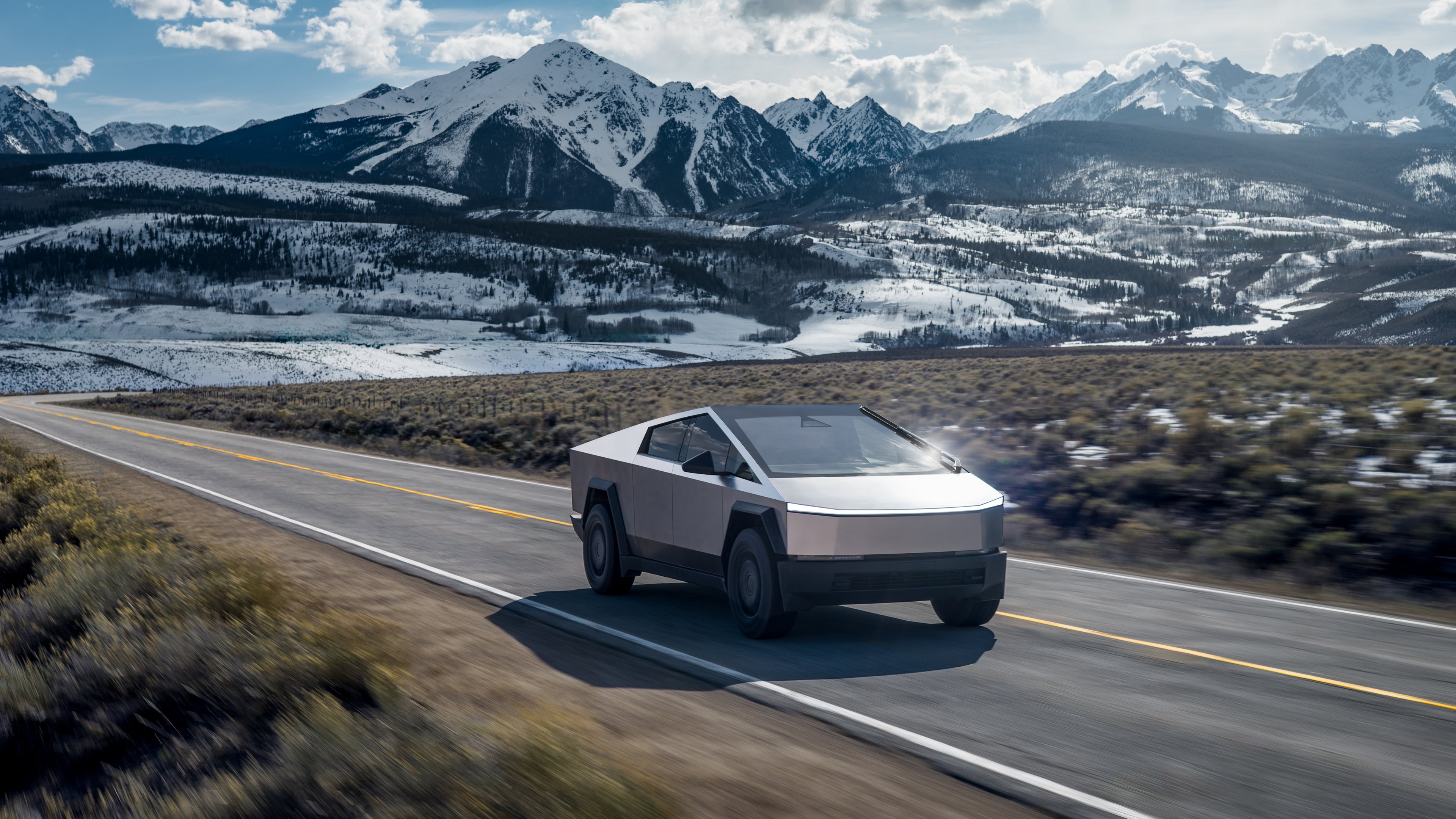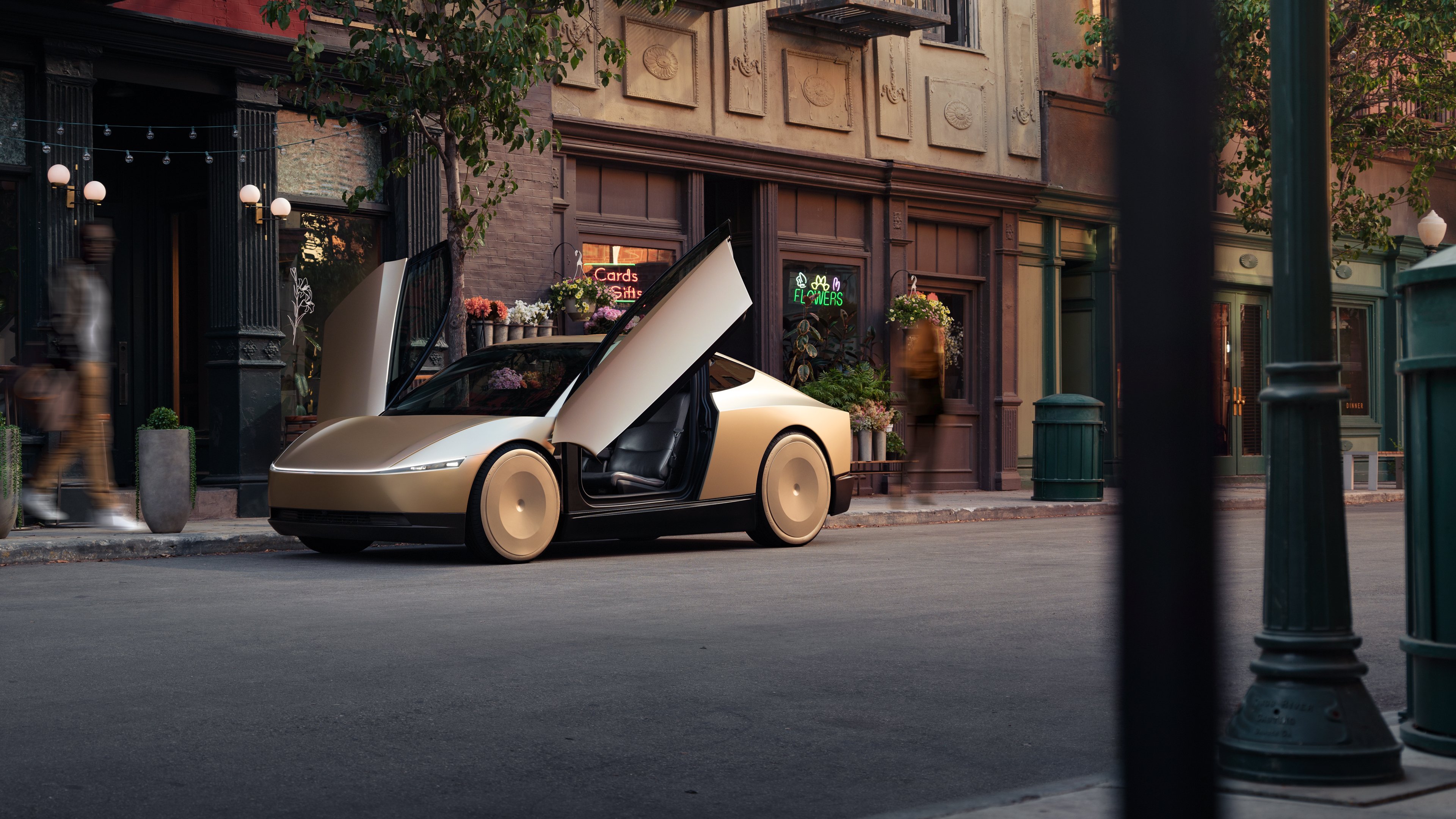So here's the latest revelation pulled out of "Elon Musk's box of crazy ideas." The founder of Tesla (TSLA 0.24%) and SpaceX has now decided to start a company that will dig tunnels for cars to drive through.

Tunnel boring machines are massive pieces of equipment -- train-sized mobile factories designed to dig into the Earth. Coincidentally, they're almost perfectly shaped to fit aboard a rocket to Mars. Image source: Getty Images.
We first learned of Musk's latest harebrained scheme (Get it? Rabbits dig tunnels. too!) when the Tesla CEO was apparently driving through California over the weekend, got upset with the holiday-time traffic, and began blasting out a series of tweets:
"Traffic is driving me nuts," observed the billionaire.
So maybe he should "build a tunnel boring machine and just start digging."
He would call the company "The Boring Company" -- and he is "actually going to do this."
A hare among foxes
Media response to the Tesla tycoon's tweets has been mixed, with USA Today observing that these may be the mere "musings of a guy stuck in a traffic jam with time to tweet," and Recode.net theorizing that Elon was "just venting," or perhaps "making a corny joke."
Others, including some of my own colleagues here at The Motley Fool, believe that Musk is serious about setting up a "boring company" -- but that he's deluded if he thinks he can make it work. After all, while the idea of boring tunnels in the earth appears to have just occurred to Musk, there are plenty of other companies that have been at this business much longer.
Just a quick survey of the tunnel boring machine (TBM) industry reveals major players in the form of:
- Norway's Terratec
- Germany's Bosch Rexroth
- Germany's Herrenknecht, which makes the TBMs building out the London Underground
- Japan's Hitachi Zosen Sakai, which makes the Bertha TBM currently tunneling under Seattle
- China Rail Engineering Corporation
- France's NFM Technologies and America's The Robbins Company, both now owned by China's Northern Heavy Industries Group
If Elon Musk truly desires to enter the tunnel boring business, he's going to face some stiff competition -- competition stiff enough that it's already driven Caterpillar (CAT 0.04%) out of the business. (Caterpillar stopped building TBMs in 2013, and is winding down its support of existing equipment at the end of this year.) So if Musk truly is serious about setting up a tunnel boring company, he's picked himself a tough row to hoe.
Crazy as a March hare -- or crazy like a fox?
And yet, I actually think Musk is serious -- and what's more, I think I know why he's serious about tunnel boring. It comes down to this: Everything -- everything -- that Musk does these days is done with an eye to his dream of one day colonizing Mars.
Consider: Musk has famously advocated the idea of launching satellites into orbit, and then reusing the rockets. Previously, advocates of reusable rockets always argued that the best way to land rockets for reuse was to fly them back to Earth and land them like an airplane, on a runway. That's how Rockwell International (now largely owned by Boeing) designed its space shuttle. That's how Boeing rival Airbus is designing its ADELINE spaceplane to land today.
Musk, however, rightly points out that on Mars, there are no runways. If you want to land a rocket on Mars, such that it can later take off again, you have to land "on your feet." Hence, every rocket that Musk makes at SpaceX is designed to land vertically, on its own rockets.
You can make a similar point for Musk's other business ventures, including SolarCity solar panels, Tesla electric cars, and even satellite internet. Mars lacks oil deposits, which means that power must be generated electrically (solar panels). Mars cars won't be able to run on gasoline, so battery power is a better option there as well (Tesla). And Mars will lack a communications system to connect potentially far-flung colonies -- so it might be a good idea to develop expertise in running a satcom network here on Earth, preparatory to creating a similar system to encircle Mars.
Making sense of Elon Musk's Boring Company
So how do tunnel boring machines play into this Mars-centric thesis? Simple. In the early days of any Mars colony, protecting colonists from solar radiation will be a concern, as will construction of housing. Having tunnel boring machines on site, however, would solve both problems at once, by enabling colonists to bore radiation-proof tunnels underground in which to live.
Mind you, I'm not saying that this is Musk's only objective in setting up a company to build TBMs. Rather, it's his ultimate objective.
As I see it, Musk needs to figure out how to build TBMs -- which he can then ship to Mars by rocket, for use in setting up a Mars colony. To do that, he'll want to first tinker with the idea, learn how to build TBMs himself, and then perfect the technology. By setting up a "Boring Company" on Earth, he gets to do all three -- and have his customers (and perhaps even investors) pay for it.
When you look at things this way, Musk's idea isn't nearly as crazy as it sounds.







